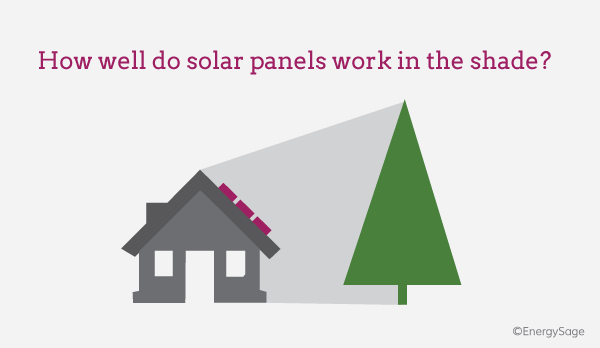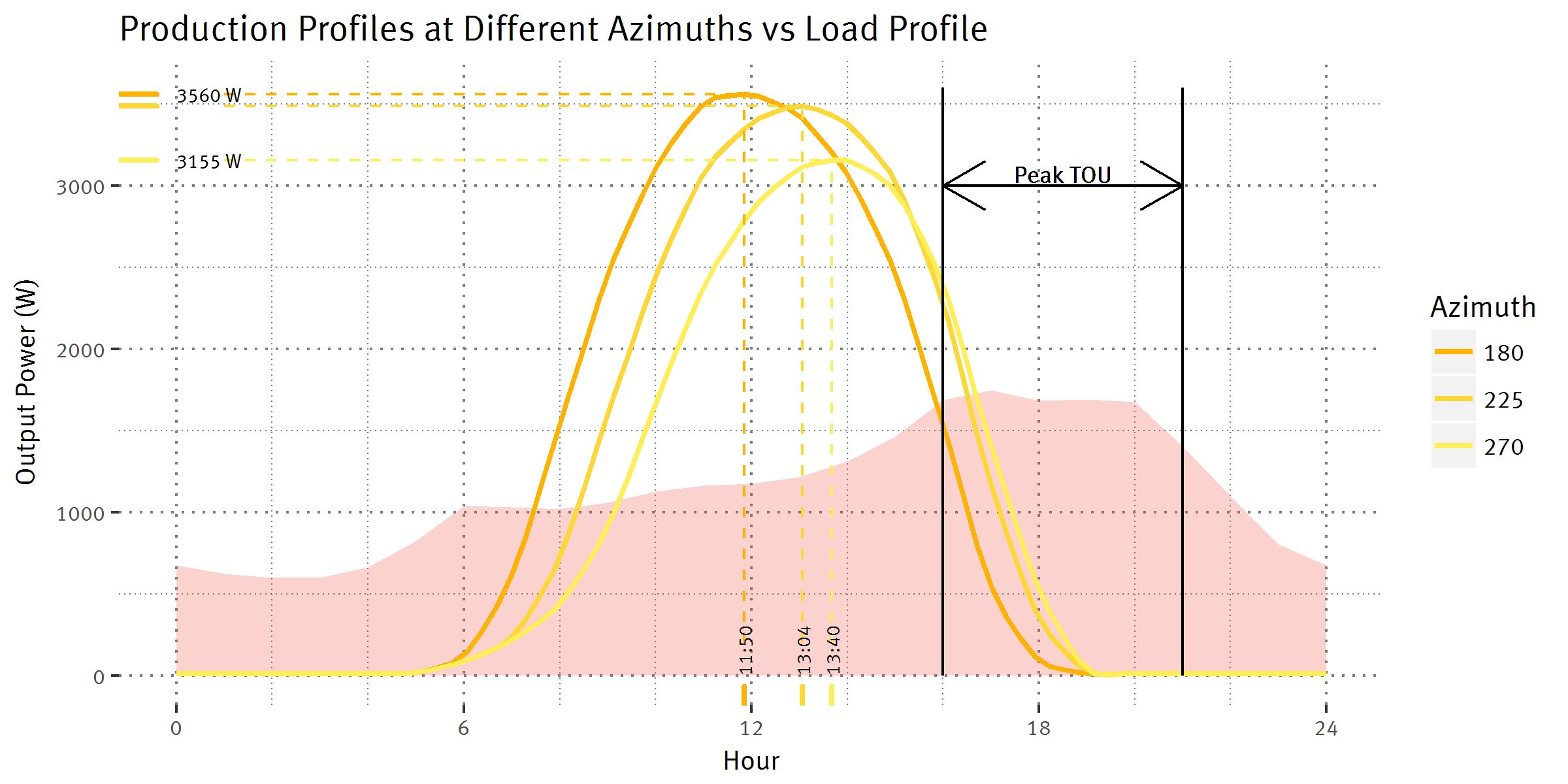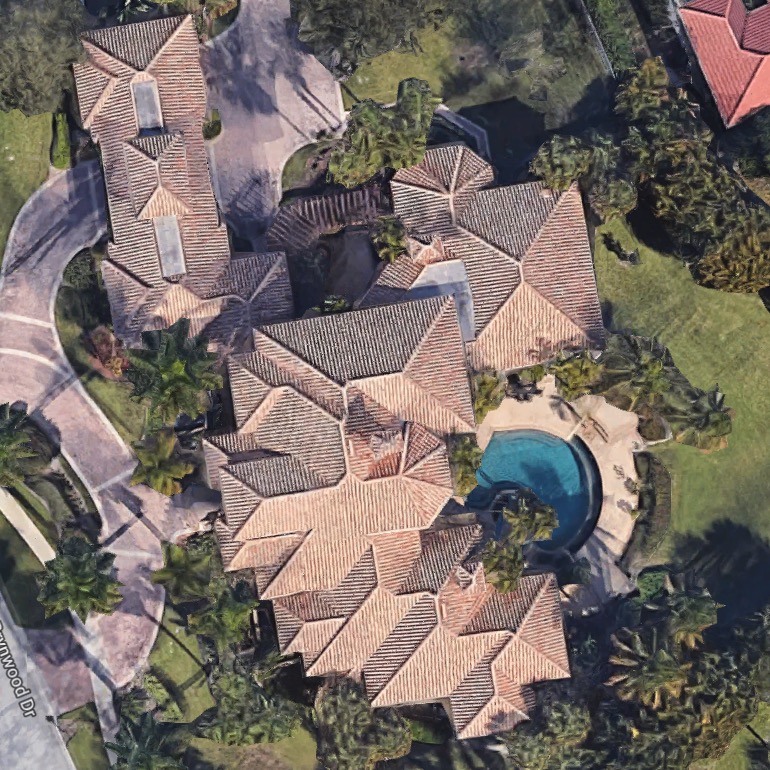Solar panel efficiency is a measure of the amount of solar energy irradiation which falls on a panel surface and is converted into electricity due to the many recent advances in solar cell technology over the last 5 years average panel conversion efficiency has increased from 15 to 20.
Solar panel efficiency on shady afternoon.
What you need to know.
Nothing destroys the efficiency of a solar panel system like shade not roof pitch not roof direction not clouds.
Solar panels have been consistently increasing in efficiency at about 5 annually since 2010.
When it comes to solar power shade is your enemy.
This large jump in efficiency resulted in the power output of a standard size.
Solar panel efficiency is a measurement of a solar panel s ability to convert sunlight into usable electricity.
Given the same amount of sunlight shining for the same duration of time on two solar panels with different efficiency ratings the more efficient panel will produce more electricity than the less efficient panel.
The average efficiency of solar panels falls between the 17 to 19 percent efficiency range.
Factors that affect solar panel efficiency.
A visual explanation of how shading affects solar panels to help you understand exactly what is meant by partial shading and how it affects the power output of a solar panel check out this video from the alte store.
Both sets of panels in the test had the mppt scan feature operating.
The use of half cut solar cells increases the available electric pathways in a solar panel making it more resistant to shade.






























